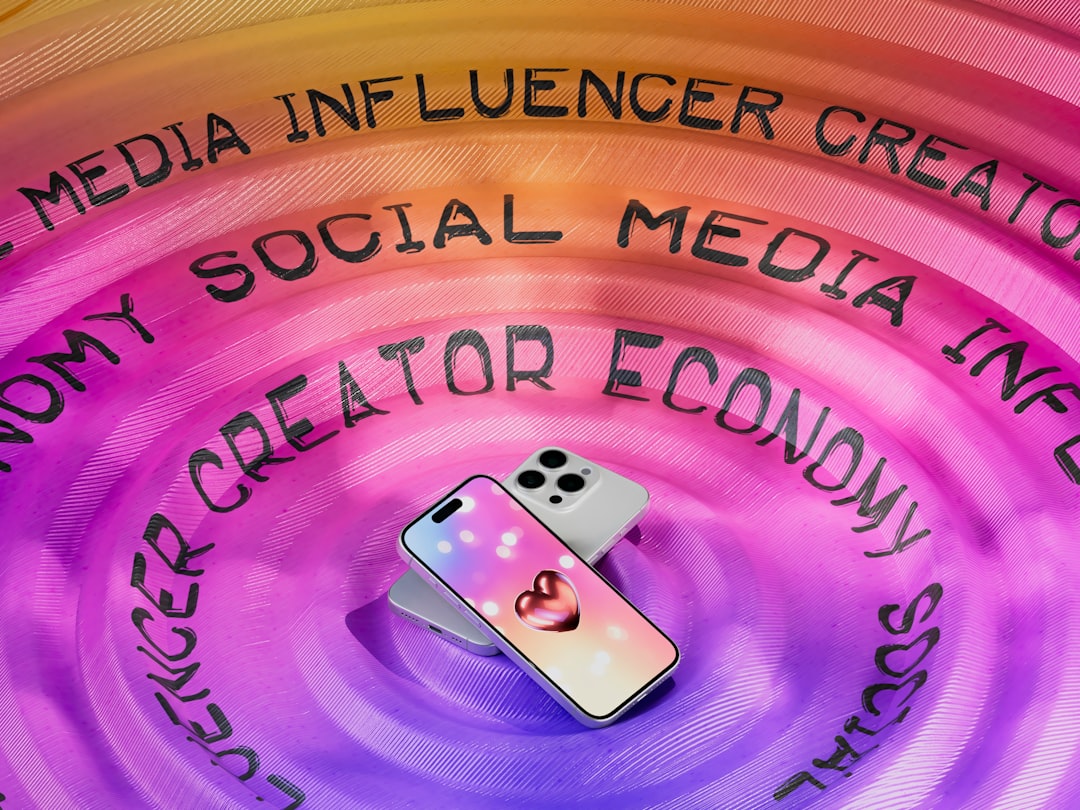Influencer marketing stands at the forefront of revolutionary marketing strategies, continually adapting to new technologies, platforms, and consumer behaviours. This ever-evolving landscape begs the question: what does the future hold for influencer marketing? This post delves into emerging trends and offers predictions for the future, providing insights into how brands and influencers can stay ahead in the game.
Emerging Trends in Influencer Marketing
Rise of Micro and Nano-Influencers
While mega-influencers and celebrities have traditionally dominated the scene, there’s a growing shift towards micro and nano-influencers. These influencers, with smaller but highly engaged audiences, offer authenticity and niche targeting, making them invaluable for brands looking to forge genuine connections with specific demographics.
Focus on Long-Term Partnerships
The transient nature of one-off collaborations is giving way to long-term partnerships between brands and influencers. These relationships foster deeper brand alignment and allow for more authentic storytelling, creating a consistent narrative that resonates with audiences over time.
Integration of AI and Data Analytics
Artificial intelligence (AI) and advanced data analytics are becoming integral to influencer marketing strategies. These technologies enable brands to identify ideal influencer matches, predict campaign outcomes, and personalise content for specific audience segments, enhancing the efficiency and impact of campaigns.
Authenticity and Transparency
In the wake of increased regulatory scrutiny and consumer scepticism, authenticity and transparency are becoming paramount. Influencers and brands are expected to disclose partnerships openly and create content that reflects genuine experiences and opinions, building trust with audiences.
Expansion into New Platforms
As the social media landscape evolves, so do the platforms for influencer marketing. Emerging platforms like TikTok and Twitch offer fresh opportunities for brands to connect with audiences through influencers who excel in these mediums, emphasising the need for adaptability in platform strategies.
Predictions for the Future of Influencer Marketing
Enhanced Personalization and Customization
The future of influencer marketing lies in hyper-personalised content. Leveraging AI, brands will tailor their messaging and content to fit individual consumer preferences, behaviours, and past interactions, delivering more relevant and impactful campaigns.
Growth of Influencer Commerce
Influencer marketing is set to become a direct sales channel through shoppable posts, affiliate marketing, and influencer-curated shops. This trend will blur the lines between marketing and commerce, enabling consumers to purchase directly through influencer recommendations.
Emphasis on Measurable ROI
Brands will prioritise campaigns with clear, measurable outcomes, moving beyond vanity metrics to focus on conversions, sales, and other tangible indicators of ROI. This shift will require more sophisticated tracking and analytics capabilities to demonstrate the value of influencer marketing investments.
Ethical and Sustainable Influencing
Sustainability and ethical considerations will play a larger role in influencer marketing. Influencers advocating for environmental causes, social justice, and ethical consumption will gain prominence, aligning with the growing consumer demand for brands that take a stand on societal issues.
Virtual and Augmented Reality Experiences
The integration of virtual and augmented reality into influencer marketing will create immersive and interactive brand experiences. Influencers will leverage these technologies to offer unique, engaging content, further blurring the lines between digital and physical brand interactions.
Conclusion
The future of influencer marketing promises exciting developments, driven by technological advancements, evolving consumer expectations, and the constant pursuit of authenticity and engagement. By staying attuned to these trends and predictions, brands and influencers can navigate the future landscape with confidence, leveraging the power of influencer marketing to create meaningful connections and drive impactful outcomes.
Discover Our Latest Insights


Unlocking the Future: Influencer Marketing Trends to Watch in 2025

The Rise of Virtual Models: A New Era at London Fashion Week
Ready to reach new heights?
For every 1$ you spend on influencer marketing, your brand earns $5.20 in ROI.
Kickstart your influencer marketing-led social-first advertising strategy.
